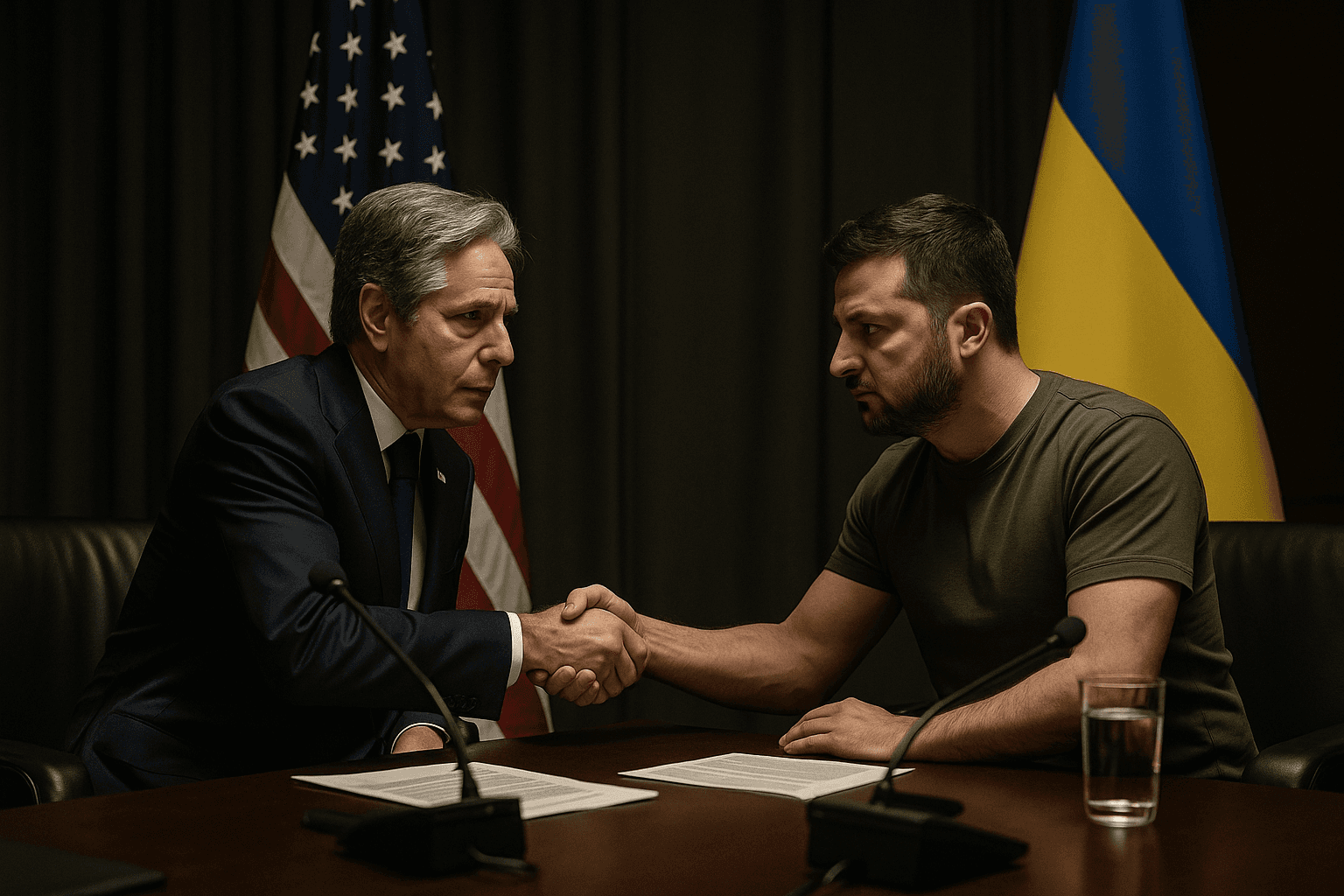U.S. and Ukraine Agree Core Terms, Diplomacy Shifts to Abu Dhabi
U.S. and Ukrainian negotiators produced a condensed peace framework in Geneva, officials said, moving follow up talks to Abu Dhabi with remaining sensitive issues reserved for higher level deliberations. The development matters because it could set the contours of any future ceasefire, tests Western unity, and comes as Russian strikes continue to damage Ukrainian infrastructure.

U.S. and Ukrainian negotiators emerged from talks in Geneva on November 25 with a pared down peace framework that officials described as a revised, shorter version of an earlier American proposal. Delegations then carried follow up contacts to Abu Dhabi, where diplomats and envoys from multiple capitals are expected to press through outstanding differences. U.S. officials and Ukrainian negotiators reported agreement on "core terms" while leaving several sensitive points for higher level discussion.
The process marks a shift from broad diplomatic outreach to concentrated shuttle diplomacy in neutral venues and capital corridors. Abu Dhabi has increasingly hosted back channel and formal exchanges in recent months, offering a politically acceptable stage for parties seeking to avoid the optics of capitulation or triumphalism. Washington will remain pivotal, both as architect of the original proposal and as arbiter of whether negotiated terms align with allied policies on sanctions, weapons transfers, and security guarantees.
European capitals expressed unease with parts of the negotiated outline described in media reporting, fearing that some elements could be interpreted as concessions to Russia. That apprehension underscores the central political challenge negotiators face, which is to craft an agreement that ends active hostilities without undercutting Ukraine's sovereignty or the coherence of the Western coalition. The contours of verification, security arrangements, and sequencing of any pullback or normalization remain unresolved, and those technical issues have been deferred to senior officials and leaders.
All of this diplomacy is unfolding against a backdrop of continued Russian military operations inside Ukraine. Strikes on Ukrainian energy and transport infrastructure have persisted, complicating the calculus for Kyiv and its supporters. The violence amplifies the human cost that any tentative deal will be measured against, and it raises questions about how durable a ceasefire could be without robust monitoring and strong international enforcement mechanisms.

International legal considerations loom over the negotiations. Any framework will be judged not only by its ability to halt fighting but also by its compatibility with principles of territorial integrity and state sovereignty. Legal scholars and diplomats in Europe and beyond have flagged the risk that a hurried settlement could set a precedent that weakens long standing norms, while an overly rigid stance risks prolonging conflict and suffering.
For now the immediate political prize is to resolve outstanding contentious items so that senior leaders can meet, a step that negotiators say will only come after the remaining differences are bridged. If those issues are settled, a summit could give political imprimatur to a deal. If they are not, diplomats warn that the gap between pragmatic compromise and principled resistance will continue to define the diplomatic landscape, with consequences for alliance cohesion, regional security, and Ukraine's long term recovery.


